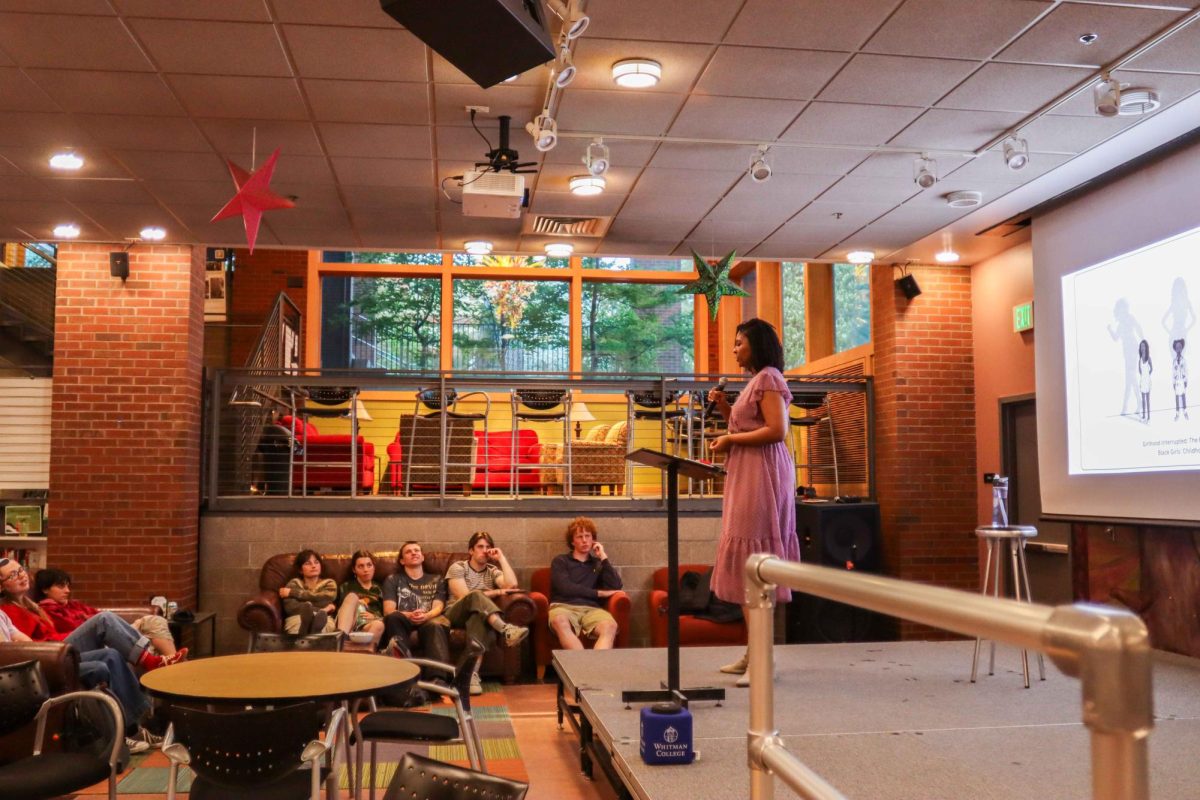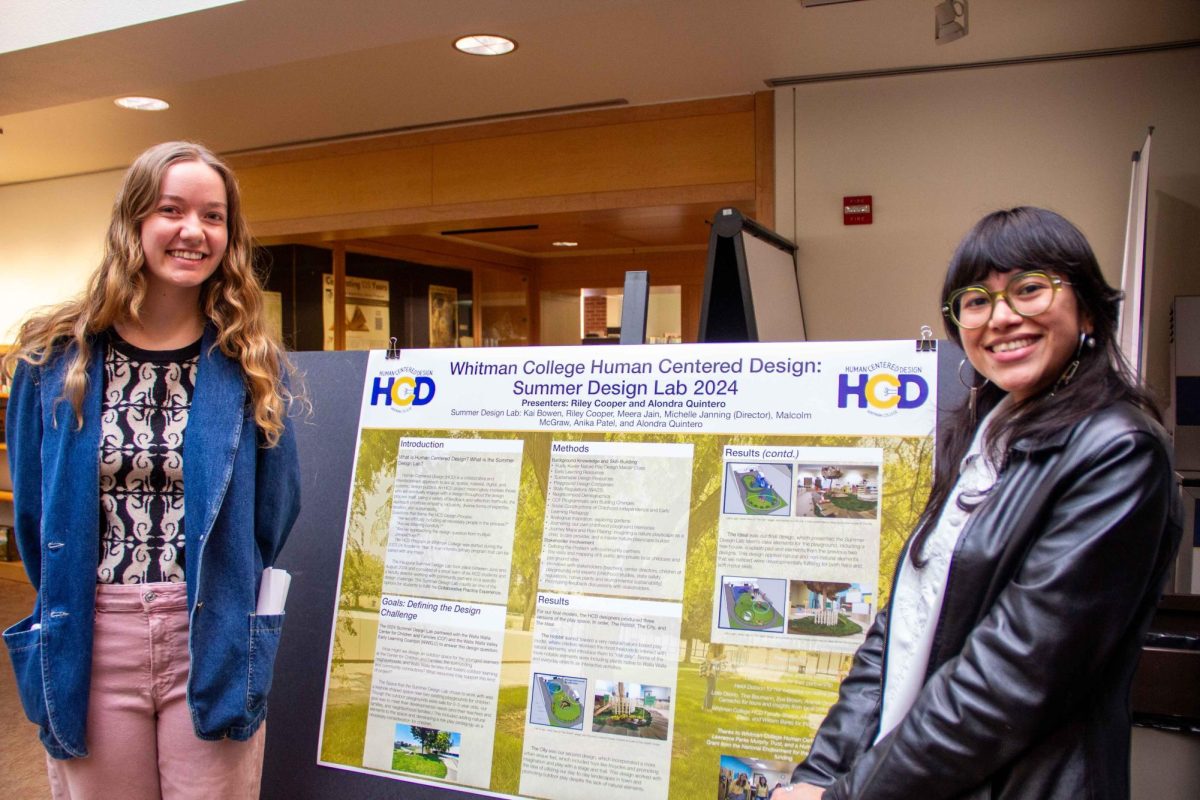
Every few years, Whitman participates in the Higher Education Data Sharing (HEDS) Consortium survey. This climate and culture survey aims to give Whitman critical information about culture and discrimination on campus while comparing it to other similarly sized liberal arts colleges. In 2022, Whitman performed a survey of its students, and in 2024 another survey of administrators and faculty. Charlie Blaich, Director of the HEDS Consortium, and Kathy Wise, Associate Director of the HEDS Consortium, publicly presented the findings on Feb. 7.
Both Blaich and Wise explained that HEDS stands out from similar surveys because of how it collects demographic information and its financial accessibility.
“The HEDS survey is unusual in that it asks people about many different aspects of their identity rather than focusing on a single aspect of identity such as race or gender, and that we designed the survey for all members of an institution’s community, not just for faculty or students or staff. The other thing that makes it different is that we’ve worked hard to make it affordable. It’s quite inexpensive compared to other surveys. This is important because we work with all kinds of institutions, from community colleges to research universities, and we want to make sure that less wealthy institutions can afford to use the survey,” Blaich and Wise said in an email to The Wire.
Dr. Neil Christopherson, Whitman’s Director of Institutional Research, agrees that HEDS remains unique and relatively cheap, causing Whitman to continue returning to HEDS for nearly 30 years despite a plethora of other choices.
“Other surveys cost quite a bit more money than this one, [and] this particular survey covers a wider range of identity groups than some other ones in. Also because a lot of other schools are using this particular survey, [we get] to compare information from HEDS about the results from these other schools. So for example, we see our results, and then we see the results for 60 other small liberal arts colleges side by side… then we can compare ourselves. So that’s that’s really useful as well, because then we can see, is this a Whitman problem? Is this a national problem?” Christopherson said.
The data doesn’t just stay in a nebulous report, because Whitman uses the data to inform policy and on-campus decision-making. Christopherson elaborated on what Whitman hopes to gain from conducting the survey and what comparison to other liberal arts colleges does for Whitman’s understanding of its positioning amongst other liberal arts colleges.
“It’s perfect in that they help us pinpoint things that are maybe areas of concern for [Whitman]…What are aspects of the Whitman climate that we can work on? Sometimes it’s surprising, it’s not necessarily where you think it would be… [HEDS] helps us to see where we can focus our efforts to make people feel more inclusive, or where we can make the campus more inclusive for different groups of people,” Christopherson said.
While the data is not a holistic summary of all Whitman offers and experiences, Blaich gives some key comparisons and results from the HEDS survey, revealing how certain demographic groups at Whitman are disproportionately unsatisfied with the campus climate.
“In many ways, Whitman looks a lot like other liberal arts colleges. Minoritized groups, such as people who have long-term disabilities, people of color, nonbinary people and LGBTQ+ people, are less satisfied with campus climate and experience more discrimination and harassment… Whitman also looks different from other liberal arts colleges in four areas. International people, men, people with long-term disabilities, and first-generation students at Whitman are less satisfied with campus climate and experience more discrimination and harassment than people with those same identities at other liberal arts colleges,” Blaich said.
Whitman plans to continue to conduct culture and climate surveys, and students, faculty and administrators can look out for more information about surveys in their emails. The more information the surveys get, the better the results.










